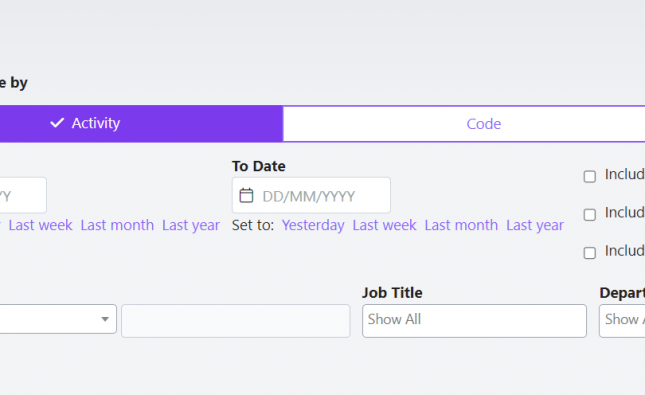The business world has been excited about the potential of big data ever since the term was first coined in 2001.
While information has always been a critical element of forming business strategy, big data means taking advantage of modern levels of computational power and data availability to extract meaningful insight from extremely large datasets in ways previously impossible.
Business possibilities
The possibilities promised by big data seem limitless. There is the famous example of US superstore Target reportedly identifying a teenager’s pregnancy before her father, having found a correlation between her purchases and those of pregnant women and sending her vouchers for baby products.
And, yesterday it was reported that Manchester City have teamed up with German software company SAP to use big data analytics in an attempt to improve performance on and off the pitch.
Put simply, by using big data, businesses hope to improve their products and services, create more effective targeted marketing campaigns, and improve productivity by analysing staff behaviour.
To implement a big data strategy and start extracting these meaningful insights, a business requires two things: a large amount of data, and a software system with which to analyse that data.
Luckily, as computers increase in power at almost the same rate that available data grows – roughly doubling every two years – both are now readily available, even to small businesses.
Risks to businesses
As businesses process increasing amounts of data in search of new opportunities, they also expose themselves to a number of risks, with concerns over cyber security increasing in the wake of the recent USA data breach, now confirmed as having involved over 20 million names.
People continue to be the weak link in data protection – vulnerability to social engineering and individual mistakes can inadvertently grant hackers access to data, putting organisations at risk of serious data breaches. If and when proposed EU-wide data protection laws come into play, the risks will also include cripplingly large fines if security measures are not in place.
As companies increasingly utilise cloud-based software-as-a-solution (SaaS) services and implement CRM systems to manage big data strategies, they must ensure that individual employees follow correct procedures to maintain data integrity and security.
Now, more than ever, data protection cannot be seen as just the concern of the IT team, especially when employees increasingly have remote access to large amounts of sensitive data.
Businesses must ensure that every single member of staff is acting in a way that protects the organisation’s data – or face the consequences.
Find out more about our Data Protection training – aimed at giving all employees the training they need to protect your business from data protection breaches.


